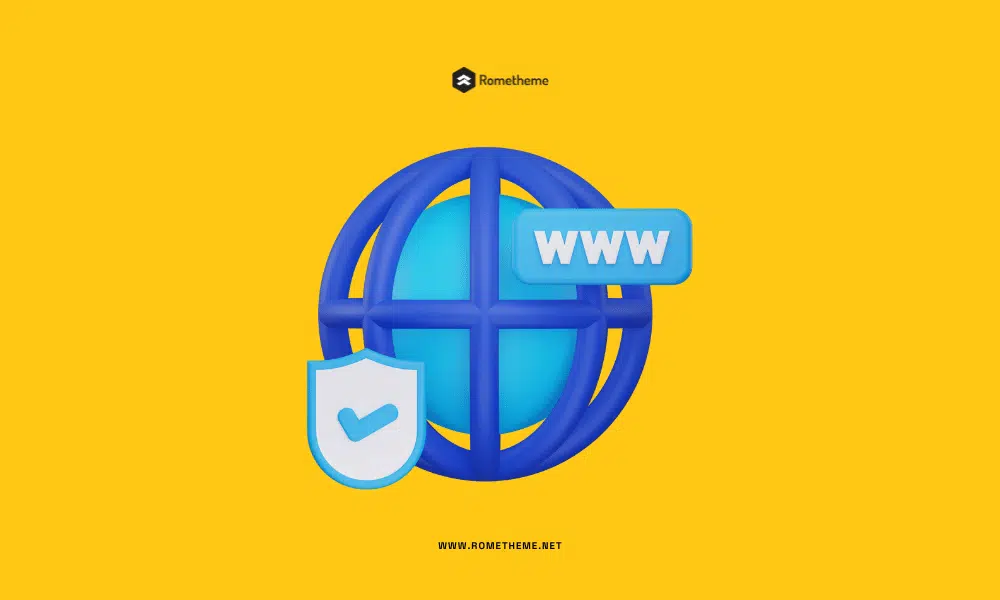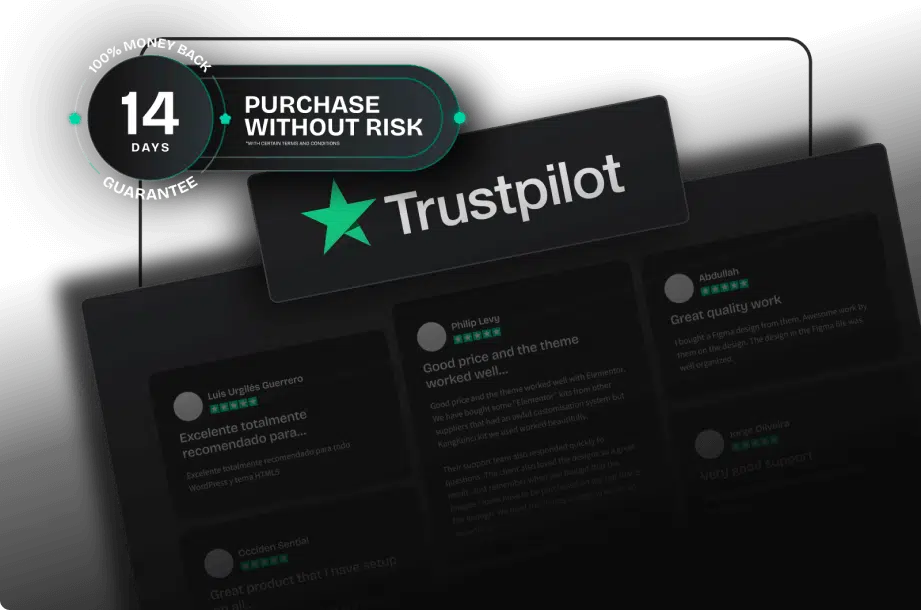In this digital age, ensuring the security of your WordPress website is paramount. With cyber threats on the rise, it’s crucial to take proactive measures to safeguard your site and valuable data. This article presents ten practical ways you can secure your WordPress website and protect it from potential attacks. From choosing strong passwords to installing security plugins, we’ll explore various strategies to fortify your website’s security. Let’s dive in and make your WordPress website a fortress against cyber threats!
Ways You Can Secure Your WordPress Website
Securing your WordPress website is a multi-faceted task that involves implementing several protective measures. By following these essential steps, you can significantly enhance your site’s security:
1. Keep Your WordPress Core, Themes, and Plugins Updated
Regularly updating your WordPress core, themes, and plugins is vital. Developers frequently release updates that address security vulnerabilities. Keeping your website up to date ensures that potential security loopholes are patched.
2. Choose Strong and Unique Passwords
Passwords are the first line of defense against unauthorized access. Opt for strong and unique passwords that combine lowercase and uppercase letters, numbers, and special characters. Avoid using easily guessable information, such as your name or birthdate, and consider using a password manager to store and generate secure passwords.
3. Enable Two-Factor Authentication (2FA)
Implementing two-factor authentication adds an extra layer of security to your WordPress website. With 2FA, users are required to provide a second form of verification, such as a unique code sent to their mobile device, in addition to their password. This significantly reduces the risk of unauthorized access.
4. Use Secure Hosting Providers
Choosing a reputable and secure hosting provider is crucial for the overall security of your WordPress website. Ensure that the hosting provider you select has robust security measures in place, including firewalls, regular backups, and intrusion detection systems.
5. Install a WordPress Security Plugin
WordPress security plugins offer a wide range of features to fortify your website’s security. Look for plugins that provide firewall protection, malware scanning, brute force attack prevention, and login security enhancements. Popular security plugins include Wordfence, Sucuri, and iThemes Security.
6. Limit Login Attempts
By default, WordPress allows unlimited login attempts, making it susceptible to brute-force attacks. Implementing a plugin or adding code snippets to limit login attempts can mitigate this risk. After several failed login attempts, the system should automatically lock out the user or introduce a temporary cooldown period.
7. Secure Your WordPress Admin Area
The WordPress admin area is a prime target for hackers. Protect it by using a unique username for the administrator account, changing the default login URL, and disabling file editing from the dashboard. Additionally, consider IP whitelisting, which restricts access to the admin area only from specific IP addresses.
8. Regularly Backup Your Website
Having regular backups is crucial in case of a security breach or any unforeseen circumstances. Choose a reliable backup solution that automatically backs up your WordPress website’s files and database on a scheduled basis. Store the backups in a secure off-site location.
9. Implement SSL Encryption
SSL (Secure Sockets Layer) encryption establishes a secure connection between your website and its visitors’ browsers. It encrypts sensitive data transmitted between the two, such as login credentials or payment information. Enable SSL on your WordPress website by installing an SSL certificate.
10. Monitor and Audit Your Website Regularly
Constantly monitoring and auditing your website allows you to detect and address security issues promptly. Keep an eye on your website’s access logs, review security reports from plugins, and consider using security monitoring services to receive alerts about suspicious activities.
Frequently Asked Questions (FAQs)
To provide you with further insights, here are some frequently asked questions about securing your WordPress website:
1. How often should I update my WordPress core, themes, and plugins?
You should update your WordPress core, themes, and plugins as soon as new updates are released. Regular updates ensure that security vulnerabilities are promptly addressed.
2 Can I use the same password for multiple accounts?
No, it is highly recommended to use unique passwords for each of your accounts. Reusing passwords across multiple accounts increases the risk of unauthorized access if one account is compromised.
3. Should I use free or premium WordPress security plugins?
Both free and premium WordPress security plugins can provide effective security measures. However, premium plugins often offer more advanced features and dedicated customer support.
4. What should I do if my WordPress website gets hacked?
If your WordPress website is hacked, take immediate action. Change all passwords, restore your website from a clean backup, scan for malware, and reinforce security measures to prevent future attacks.
5. Is it necessary to monitor my website’s security regularly?
Yes, regular monitoring of your website’s security is essential. It helps you stay proactive, detect potential vulnerabilities or suspicious activities, and take appropriate measures to address them promptly.
6. How can I secure my website from DDoS attacks?
To protect your website from Distributed Denial of Service (DDoS) attacks, consider using a web application firewall (WAF) and a content delivery network (CDN). These measures can help mitigate the impact of DDoS attacks.
Conclusion
Securing your WordPress website is a crucial task that should never be overlooked. By implementing the ten effective ways outlined in this article, you can significantly enhance your website’s security and protect it from potential threats. Remember to keep your WordPress core, themes, and plugins updated, choose strong passwords, enable two-factor authentication, use secure hosting providers, install a security plugin, limit login attempts, secure your admin area, regularly back up your website, implement SSL encryption, and monitor your website’s security regularly. By adopting these practices, you’ll safeguard your WordPress website and enjoy peace of mind knowing that your valuable data is protected.
Visit our website to browse our stuff and follow our Instagram for great content!
Website: www.rometheme.net
Instagram: rometheme_studio









